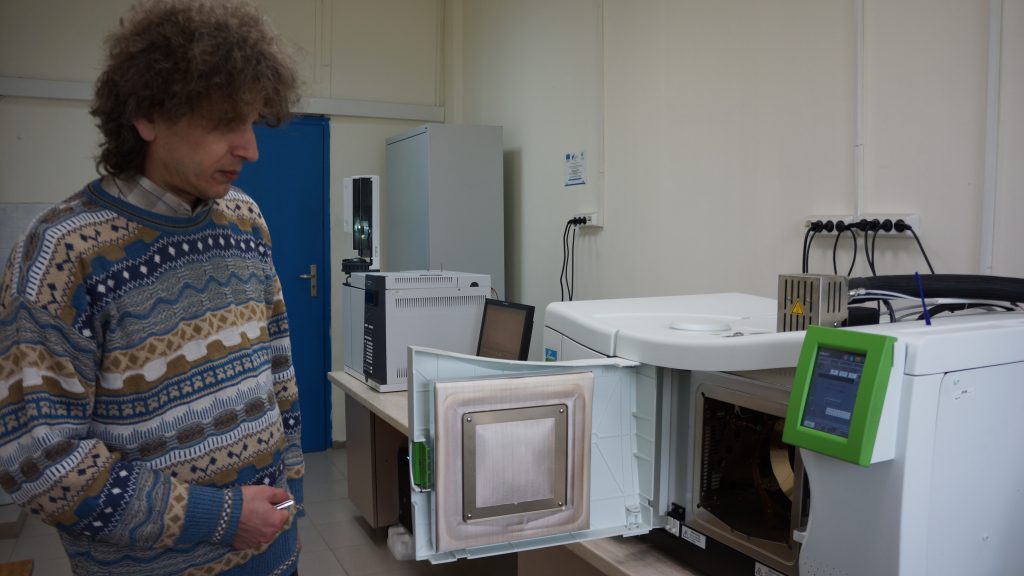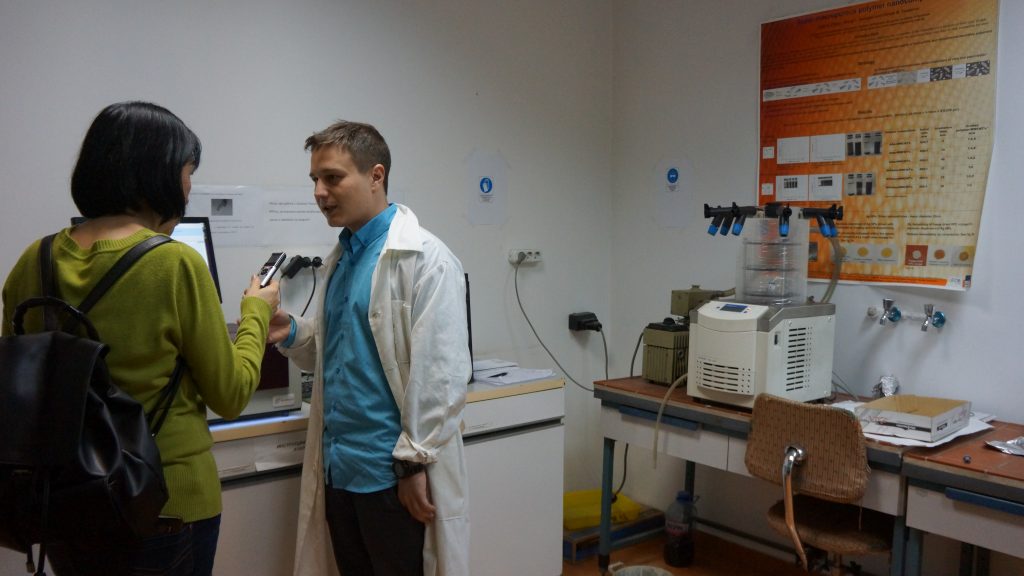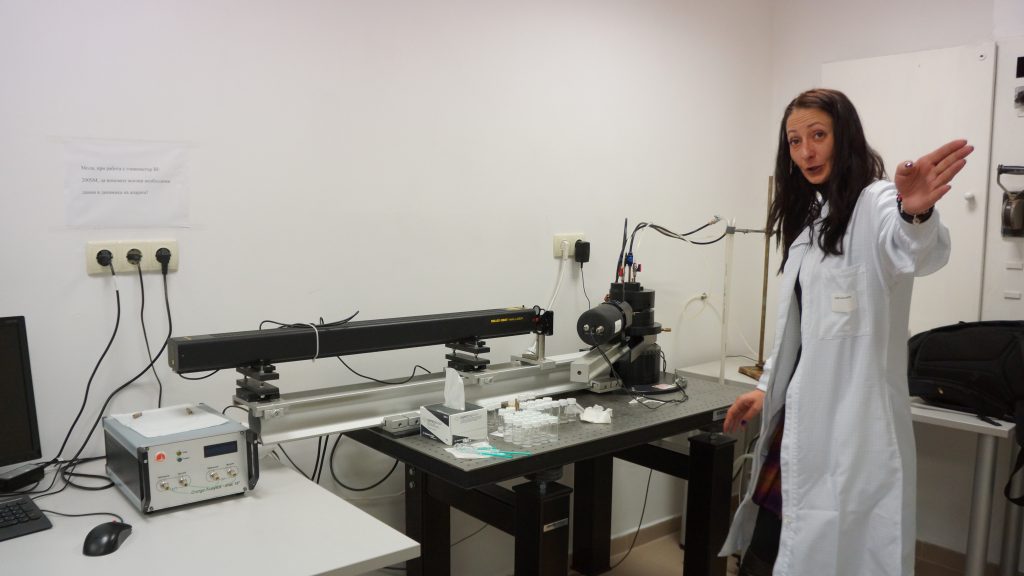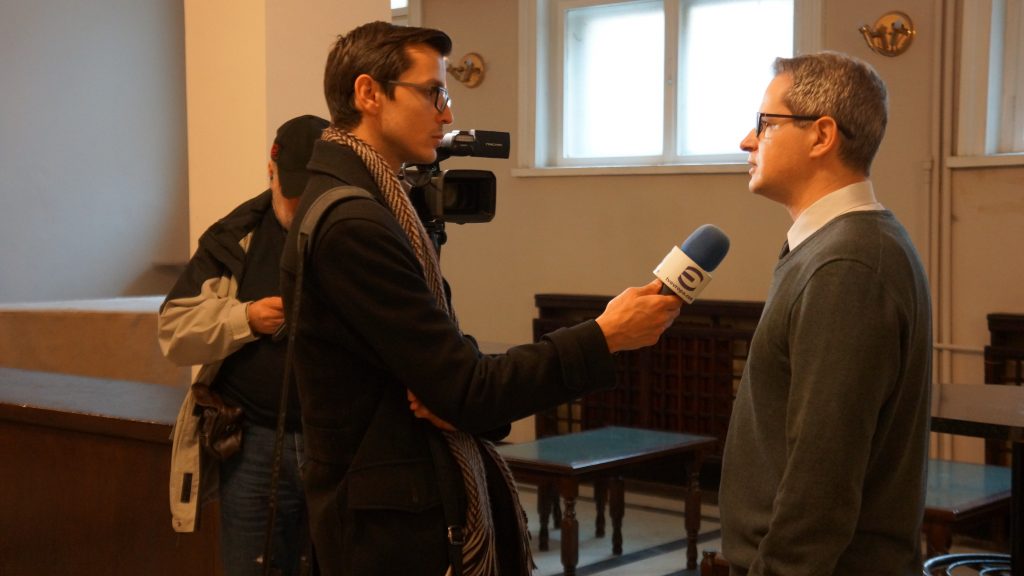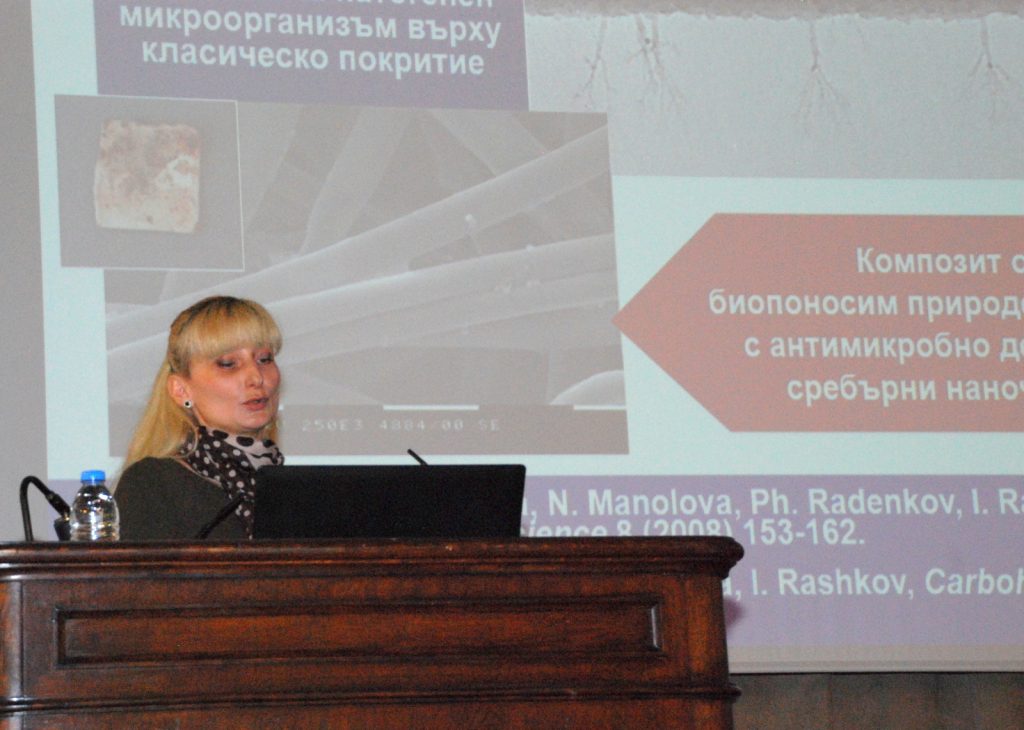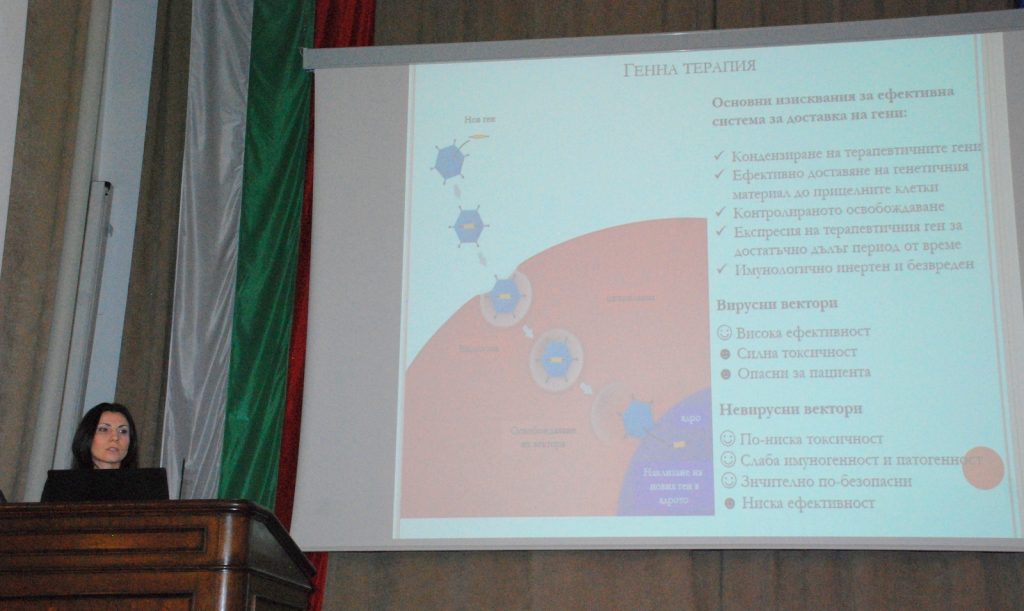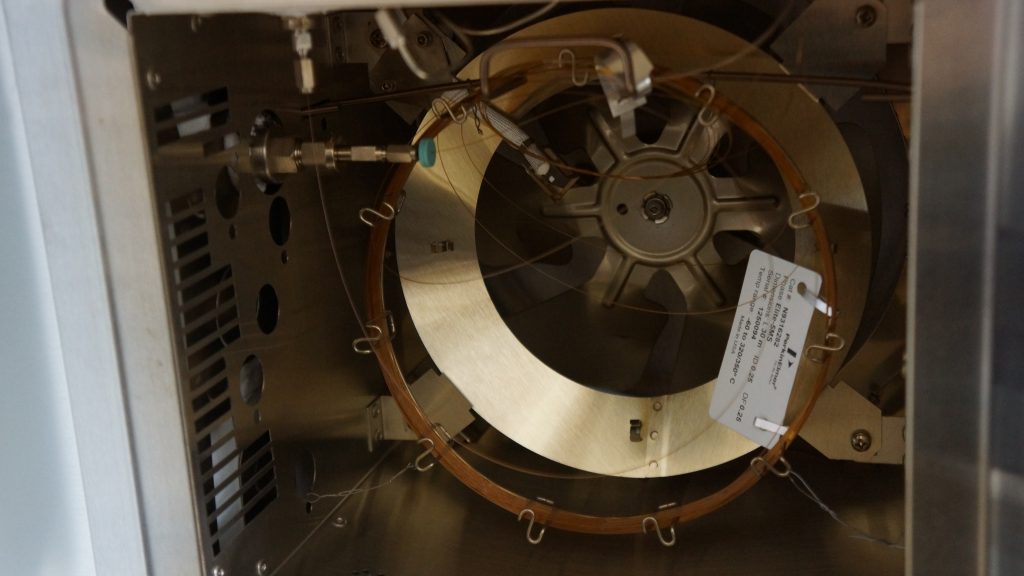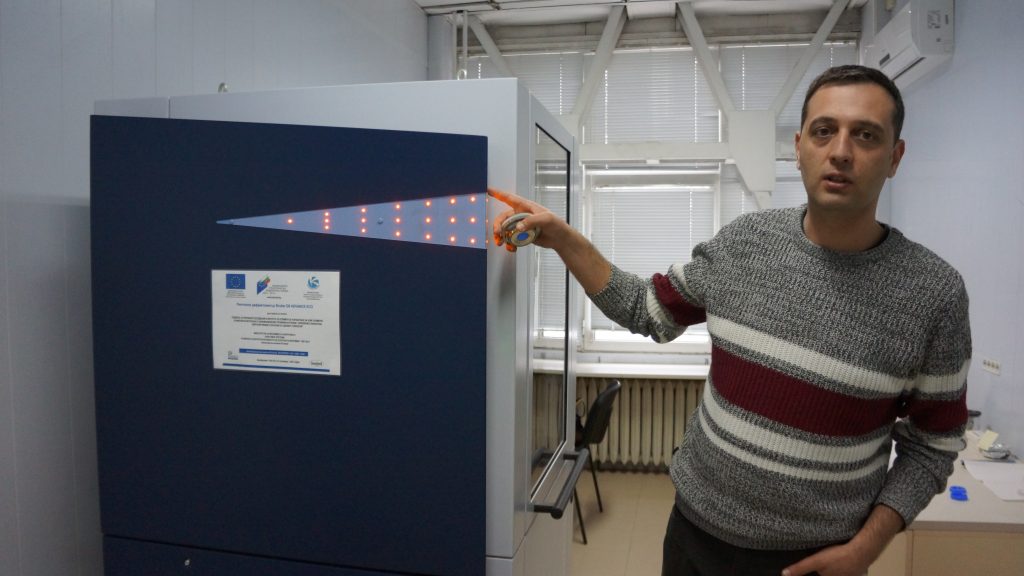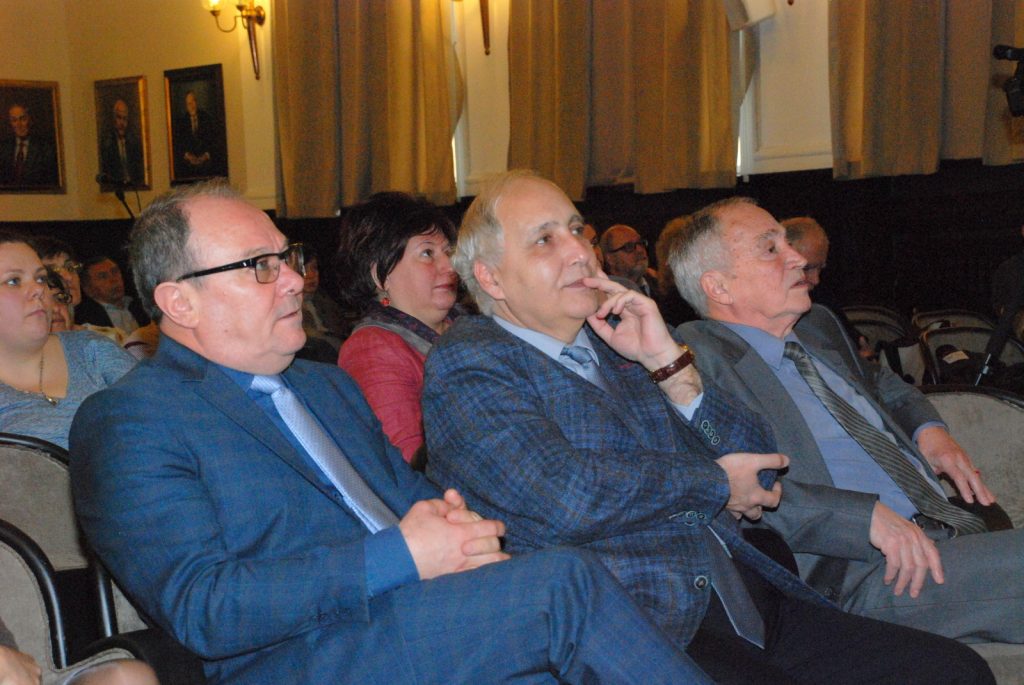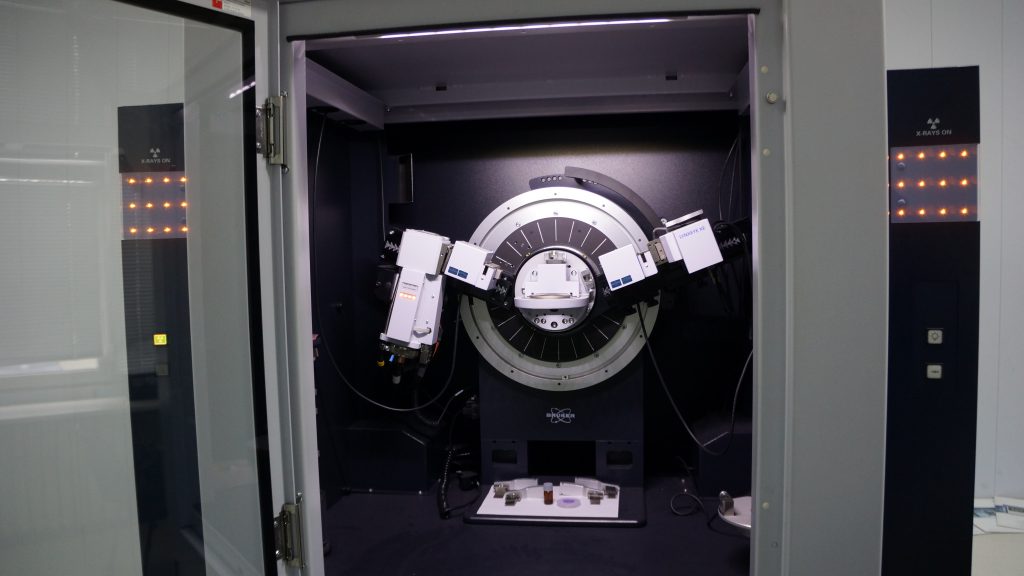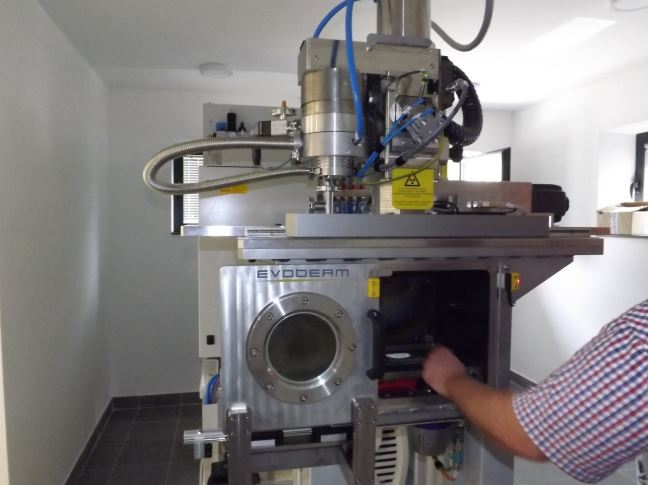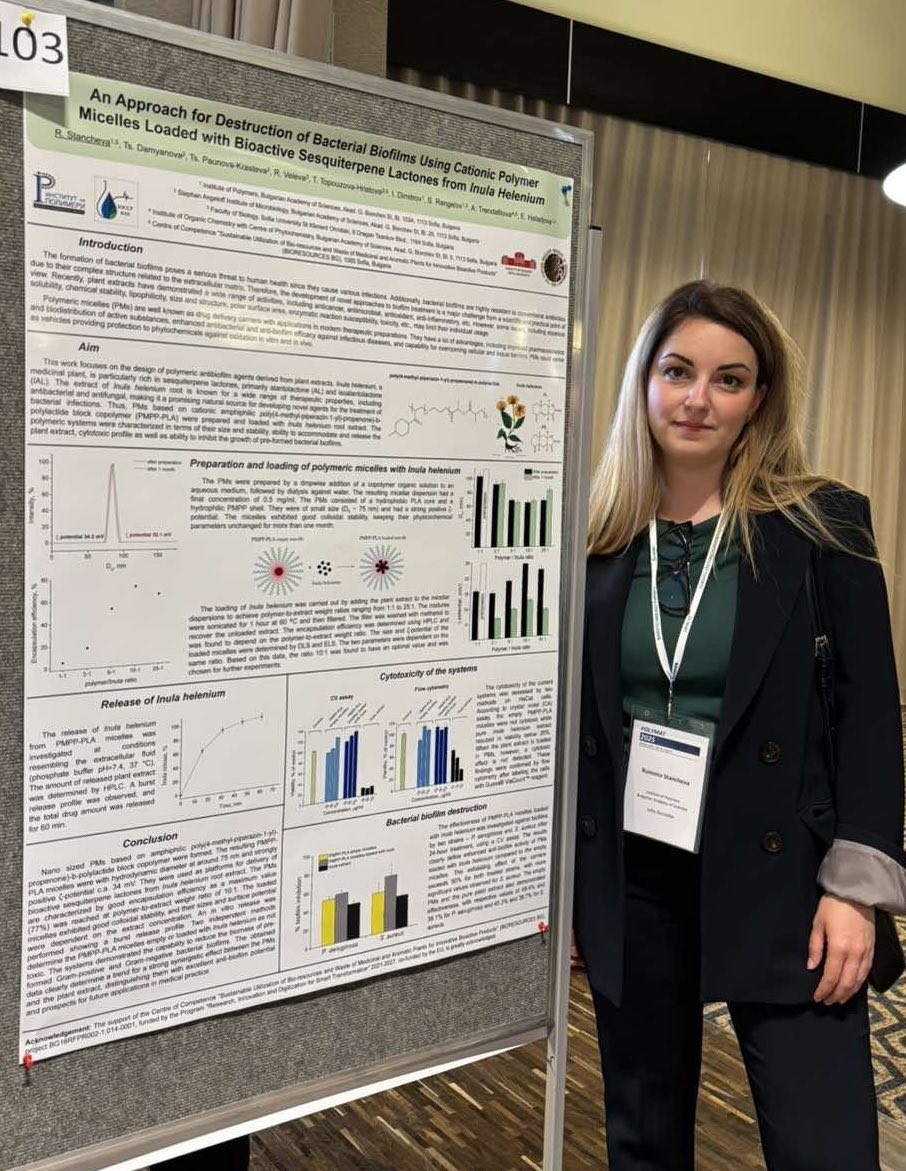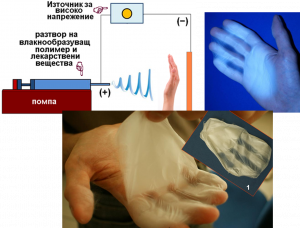 Recent developments in new polymers, advanced polymer materials and cutting-edge technologies noted by world science and with an expected effect on issues that are important to society have been presented by the Institute of Polymers of the Bulgarian Academy of Sciences. Intelligent polymers and polymeric materials reacting to temperature and environmental changes, application in membrane technology or as optical moisture sensors, fibrous implants compatible with human stem cells and new wound dressings, development of new materials based on natural products (such as propolis, curcumin, etc.) or carriers of antitumor drug substances are just some of the topics presented by scientists in the campaign.
Recent developments in new polymers, advanced polymer materials and cutting-edge technologies noted by world science and with an expected effect on issues that are important to society have been presented by the Institute of Polymers of the Bulgarian Academy of Sciences. Intelligent polymers and polymeric materials reacting to temperature and environmental changes, application in membrane technology or as optical moisture sensors, fibrous implants compatible with human stem cells and new wound dressings, development of new materials based on natural products (such as propolis, curcumin, etc.) or carriers of antitumor drug substances are just some of the topics presented by scientists in the campaign.
The Vice-President of BAS, corr.-mem. Konstantin Hadjivanov, opened the presentation at the Academy’s Big Hall and highlighted the very high level of scientific research at the Institute of Polymers. The Director of the Institute, Assoc. Prof. Neli Koseva, presented the achievements, the prospectives for the development of the scientific unit and gave a number of examples of the applications of the polymers, the research and the results obtained during the last two years. “The main areas of expertise are related to the acquisition and characterization of new polymers and innovative polymeric (nano) materials with various applications”, said Assoc. Prof. Koseva.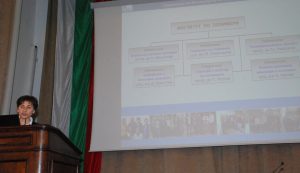
The young scientists chief assist. Dr. Emi Haladjova and chief assist. Dr. Mariya Spasova presented the themes “Polymer carriers for biological molecules” and “Innovative nano and microstructured bioactive polymers and polymer materials with specified properties – possibilities for their application”. Various applications of polymers and polymer materials in the fields of medicine and pharmacy, biotechnology and alternative energy sources, as well as new approaches and methods for obtaining materials from renewable and unconventional sources were shown.
At the institute, scientists demonstrated the possibilities of modern and unique apparatus purchased with funds from successfully implemented infrastructure projects with European funding, both for fundamental research and for practical purposes such as identification, characterization and technological control of polymers, polymer materials and composites.


